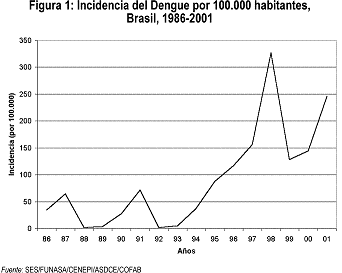 The concept of axiomatic It is used in our language in an extended way to refer to everything what is evident and true, that is, it is proven that this is how it is presented and shown and then it turns out to be unquestionable and irrefutable in the face of the questions that may arise and that want to show it as something doubtful or open concerns about it.
The concept of axiomatic It is used in our language in an extended way to refer to everything what is evident and true, that is, it is proven that this is how it is presented and shown and then it turns out to be unquestionable and irrefutable in the face of the questions that may arise and that want to show it as something doubtful or open concerns about it.
This concept is closely related to that of axiom, because precisely also that which is relative to an axiom will be defined as axiomatic.
An axiom is a valid and true statement and as such it is usually considered as maxims, principles, that contribute to the formation of a theory corresponding to a scientific field, for example, or are also often used as pillars of an argument.
Both concepts, axiom and axiomatic, are certainly ancient since the Greek philosophers of Ancient Greece used them, or rather they used the Greek terms from which they derived, to designate those questions that did not need any proof or verification to be accepted as valid but simply accepted as unquestionable truths.
For example, the concept of axiom is used as a synonym for principle.
Both the concept of axiom and that of axiomatic are used in a common way in the field of exact sciences, such is the case of the Physics and Mathematics. The so-called laws or theorems with which we usually find ourselves in the study of both sciences are precisely supported by axioms.
On the other hand, in other slightly newer sciences, such as communication, axioms are also used to define some crucial aspects of communication between people, for example.
For logic, an axiom is an obvious premise that is accepted without objection and without requiring any proof and that will also be used to demonstrate many other related issues.
It is worth noting that the set of axioms that have the mission of defining or sustaining a certain theory or law at the request of a science will be formally called an axiomatic system.









